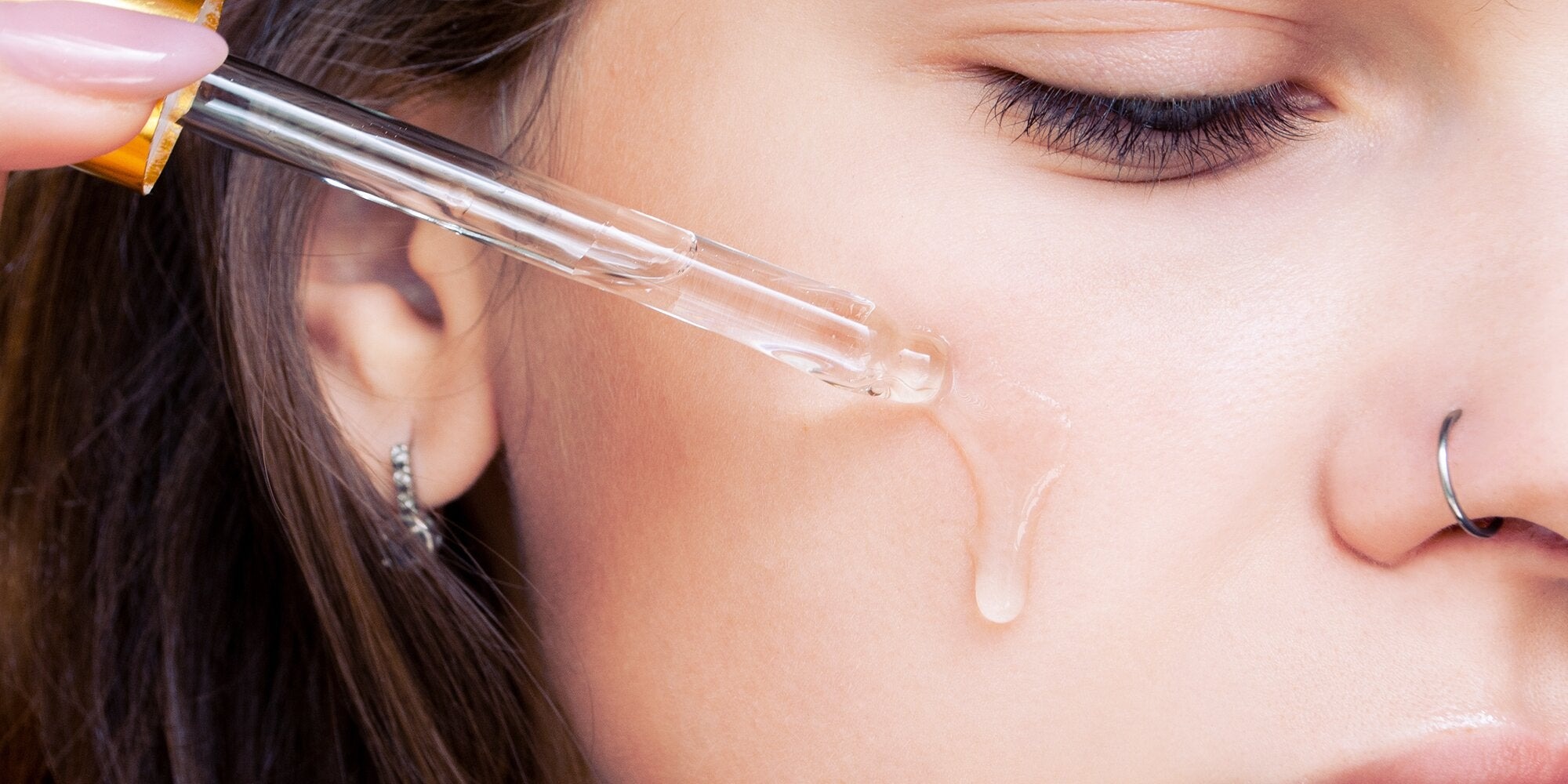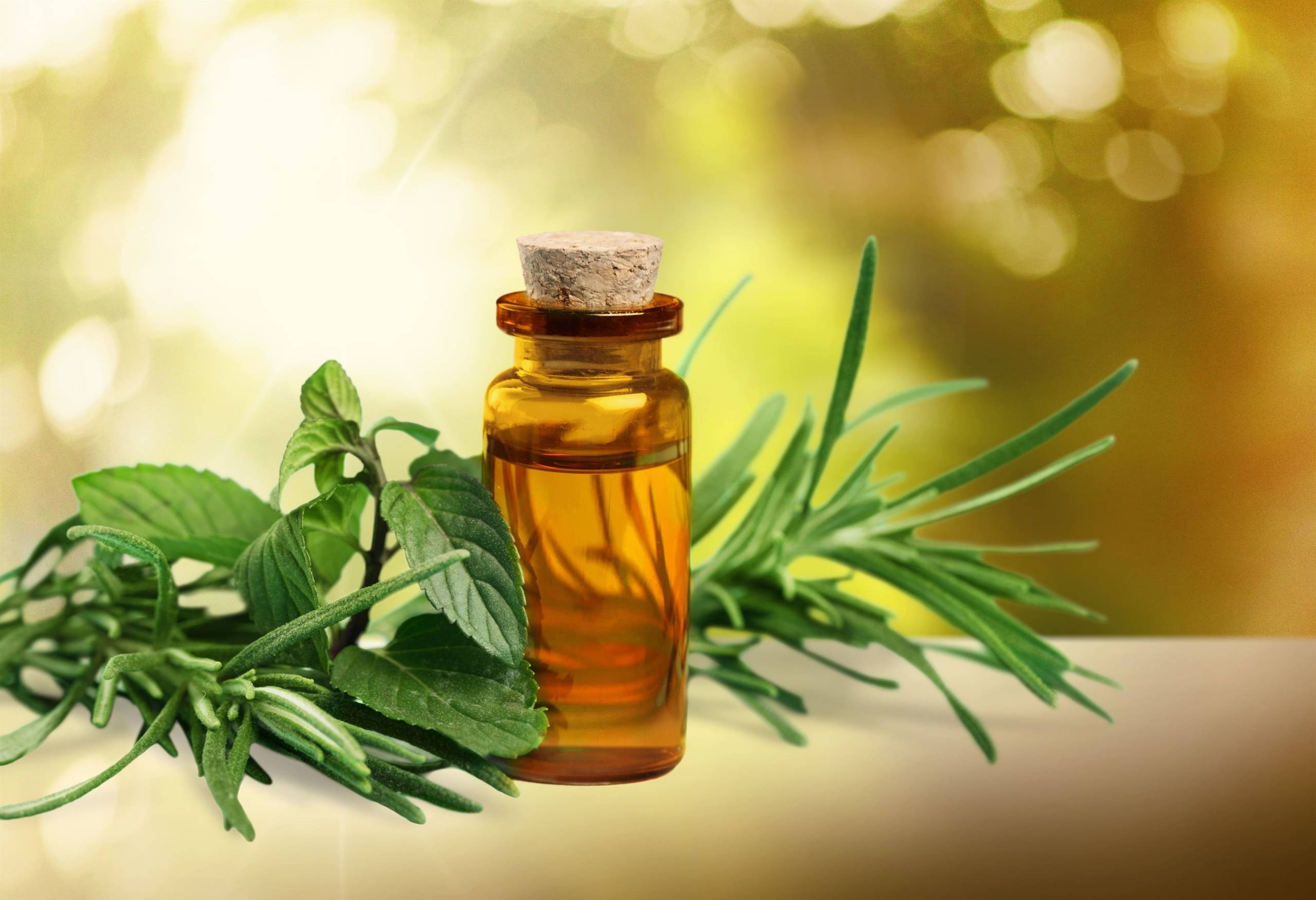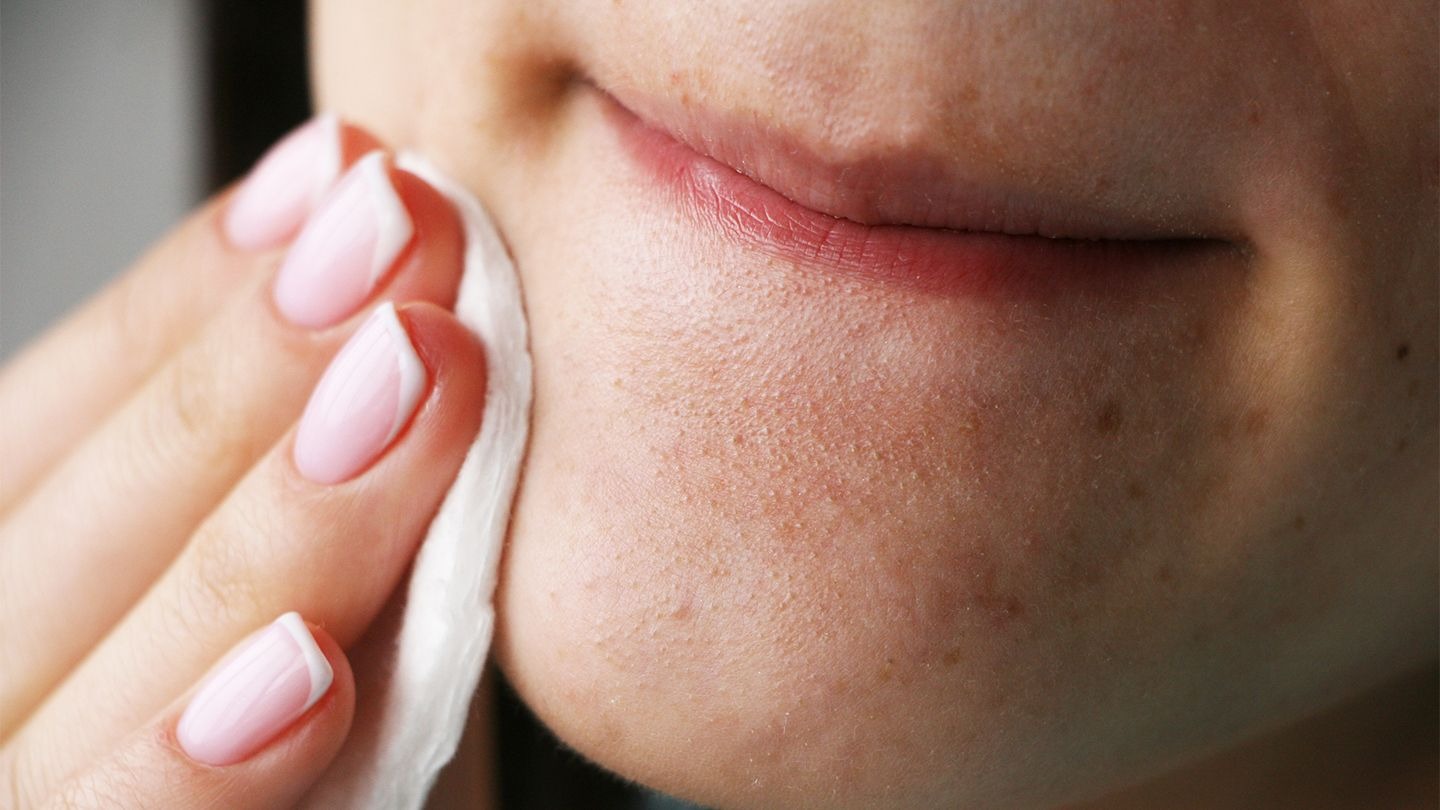If there’s one skincare ingredient that gets you on the fast track to hydrated skin, it’s hyaluronic acid. You can find it as an active ingredient in seemingly every skin care product category under the sun: serums, cleansers, moisturizers and more. There’s a reason why it’s ubiquitous: Hyaluronic acid not only does an excellent job when it comes to moisturizing the skin, but it also minimizes the signs of aging, as plump and hydrated skin makes fine lines and wrinkles less visible.
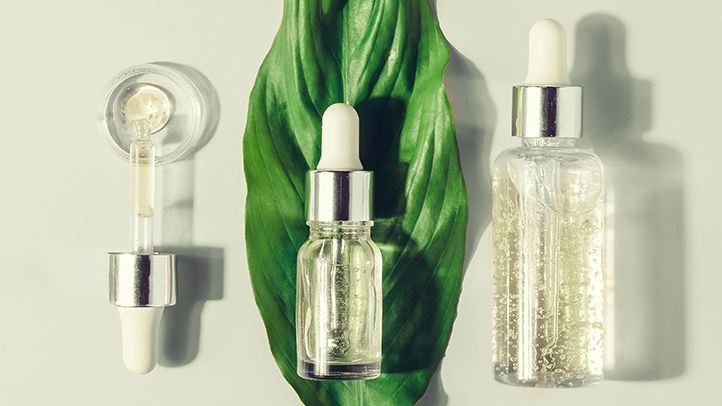
Here is a scientific guide that covers the basics of hyaluronic acid.
What is hyaluronic acid?
From a technical point of view, according to research, it is a group of sugar molecules called polysaccharides. These molecules have a cushioning and lubricating effect and occur naturally in the body’s connective tissue, the Cleveland Clinic notes.
Over time, your body’s stores of hyaluronic acid decrease. Age is one of the reasons, the research shows, but environmental factors, such as smoking and air pollution, also speed up this process, according to another study. That’s the bad news.
The good news is that topical hyaluronic acid products, whether as part of a moisturizer’s ingredient list or as the star of a serum, can help rebuild those depleted businesses, says Bonnie Gasquet, MD, an internist at Studio Health Medical Center in Belle Chasse, Louisiana.
“Hyaluronic acid attracts and binds to water molecules, increasing the water content of the skin,” says Shari Marchbein, MD, a board-certified dermatologist in private practice in New York City. It can absorb more than 1000 times its weight in water, says Dr. Marchbein.
RELATED: The Skincare Glossary Every Woman Needs
What are the benefits of hyaluronic acid?
The main advantage of hyaluronic acid is hydration and the incredible ability to retain moisture. To understand the importance of hydration for the skin, you should first know that dehydrated skin, when the top layer of the skin does not have enough water, looks dry, rough and flaky, says Marchbein.
It’s not just a matter of aesthetics. Dry skin can be dangerous. “Poorly hydrated skin cannot keep a skin barrier properly intact, which makes the skin more susceptible to damage from external and environmental influences,” says Marchbein. If the skin barrier is not intact, it can allow bacteria to enter, which can lead to an infection, according to a study. According to research, impaired skin barriers may play a role in many skin diseases, including dry skin, atopic dermatitis, rosacea and acne.
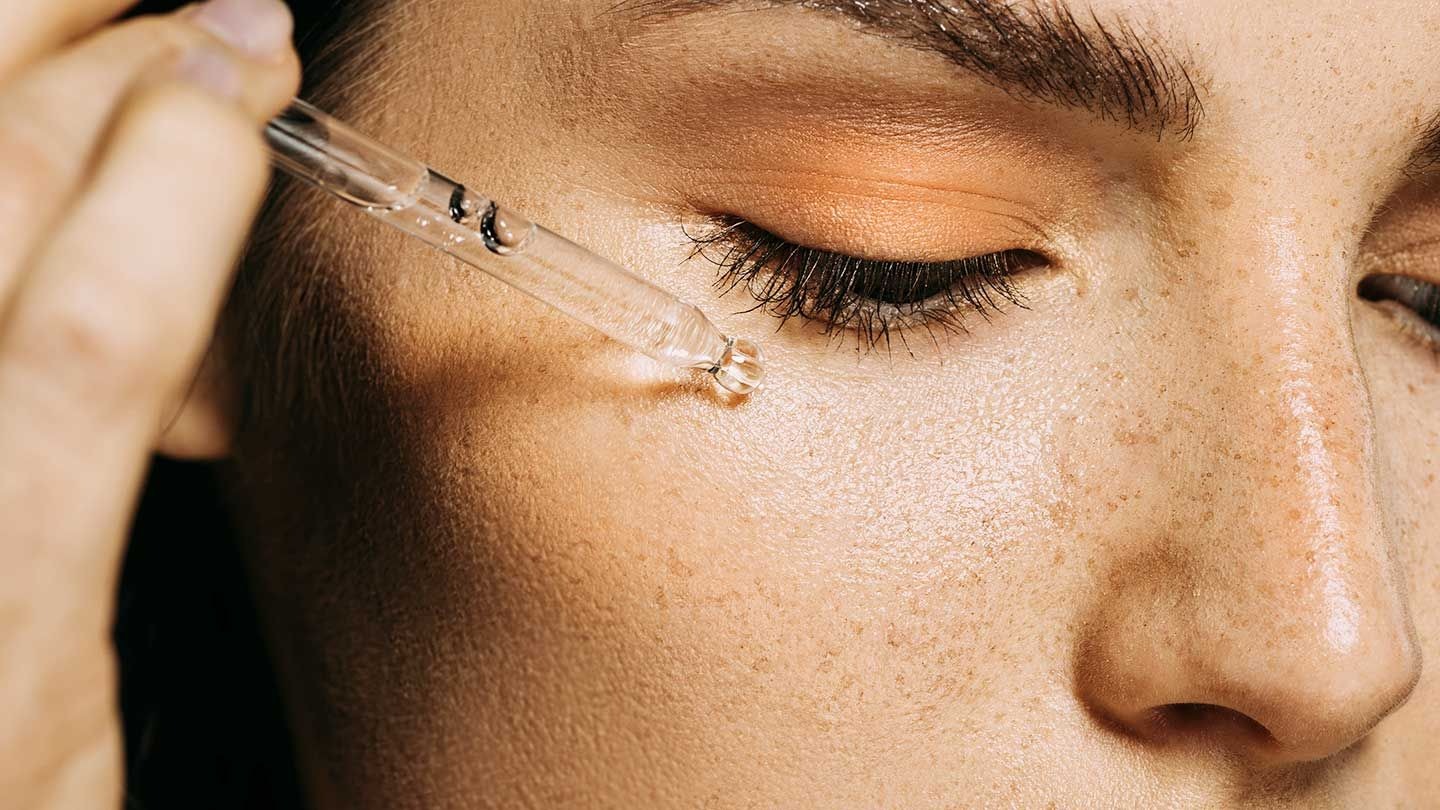
So, what you want is a hydrated skin. “Skin hydration is important because hydrated skin looks smoother, healthier and more vibrant,” says Marchbein. She also looks younger if that’s one of your goals. According to research, skin aging is associated with a loss of skin moisture, and hyaluronic acid is the key ingredient when it comes to combating or reversing these signs. “Due to its water-extracting properties, hyaluronic acid can be refined and aged in these dry, sunken or ‘creped’ areas,” says Dr. Gasquet. One study found that over-the-counter anti-wrinkle creams with hyaluronic acid reduced the depth of wrinkles around the lips and eyes by 10 to 20 percent over a three-month period. Skin tension also improved by 13 to 30 percent.
Gasquet recommends applying products with hyaluronic acid, especially in winter, when the skin is drier. But even those who do not struggle with dryness will want to include hyaluronic acid in their skin care. Kenneth Rothaus, MD, a board-certified plastic surgeon at Rothaus Plastic Surgery in New York City, says he is responsible for giving the skin a healthy glow. Marchbein recommends a moisturizer full of hyaluronic acid for people of all ages. “It’s never too early to start a good skincare routine,” she says.
RELATED: 13 Natural Remedies for Dry Skin That You Can Prepare Yourself at Home
The 3 types of hyaluronic acid: how they differ
There are three types of hyaluronic acid:
Hydrolyzed hyaluronic acid is hyaluronic acid that has been broken down into elements small enough to penetrate the skin, Gasquet says. It is moisturizing, but not the most moisturizing option, so it is more suitable for people with oily or combination skin, since these skin types want to avoid excessive hydration.
Sodium hyaluronate penetrates deeper into the skin and gives even better results, although the effect does not last long, says Gasquet. “Sodium hyaluronate is the best for people with normal skin, as it allows moisture to penetrate, but you really don’t need a strong and long-lasting effect.”This is the ingredient that you will probably find in serums.
Acetylated sodium hyaluronate has the advantages of sodium hyaluronate, but with more long-lasting results. It is more suitable for people who need hydration, such as people with dry skin, people who live in a dry climate or people who are looking for a product for the dry winter months.
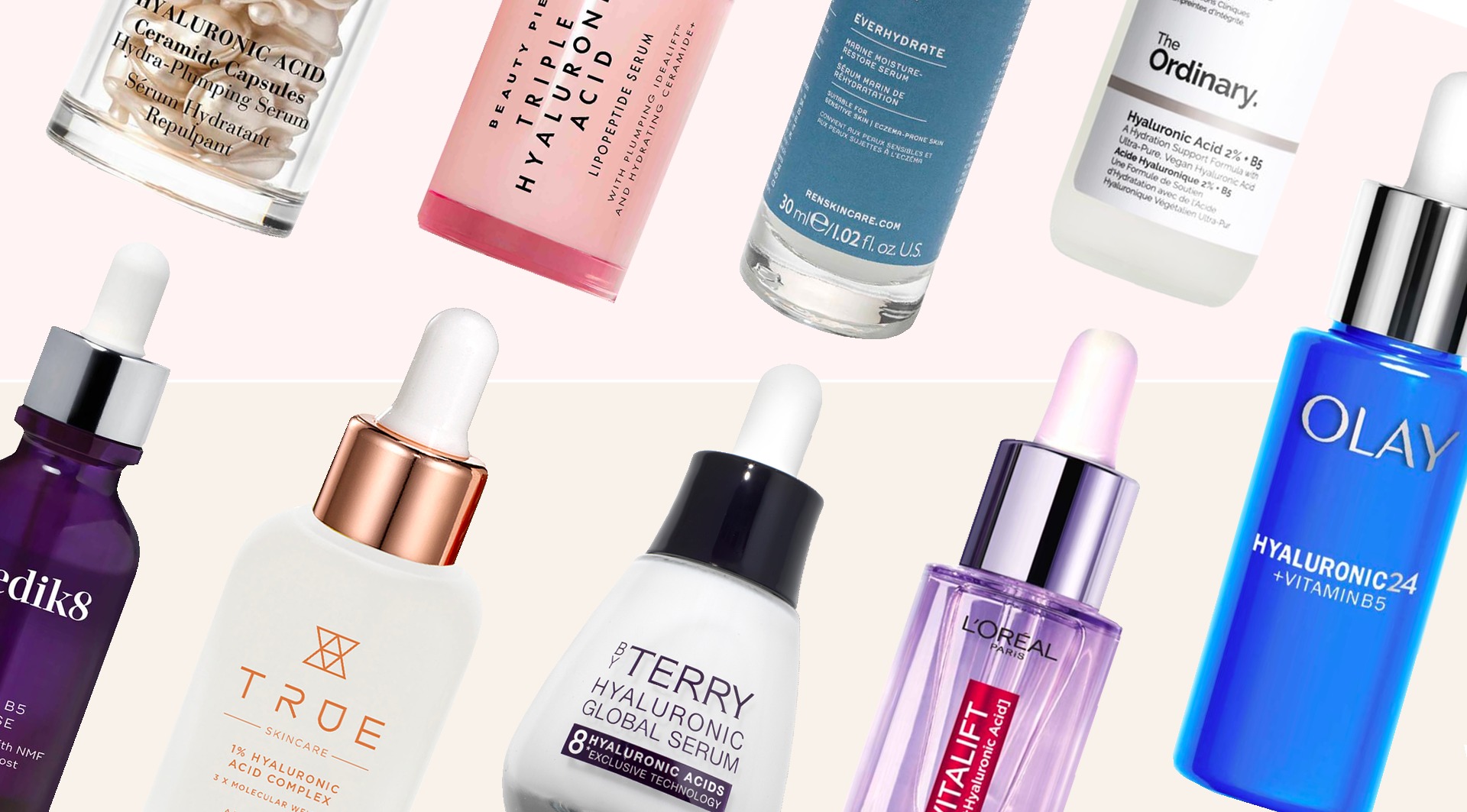
There is also ingestible hyaluronic acid, a capsule filled with the active substance. The idea is that by taking a dietary supplement, the level of hyaluronic acid remains stable and the effect lasts, according to one study. And it seems to work: Researchers found that participants who took 120 milligrams (mg) of hyaluronic acid per day for 12 weeks improved skin folds and general skin condition. However, more research needs to be done on oral hyaluronic acid.

